Few people signing up for voter ID certificates across West Midlands
- Published
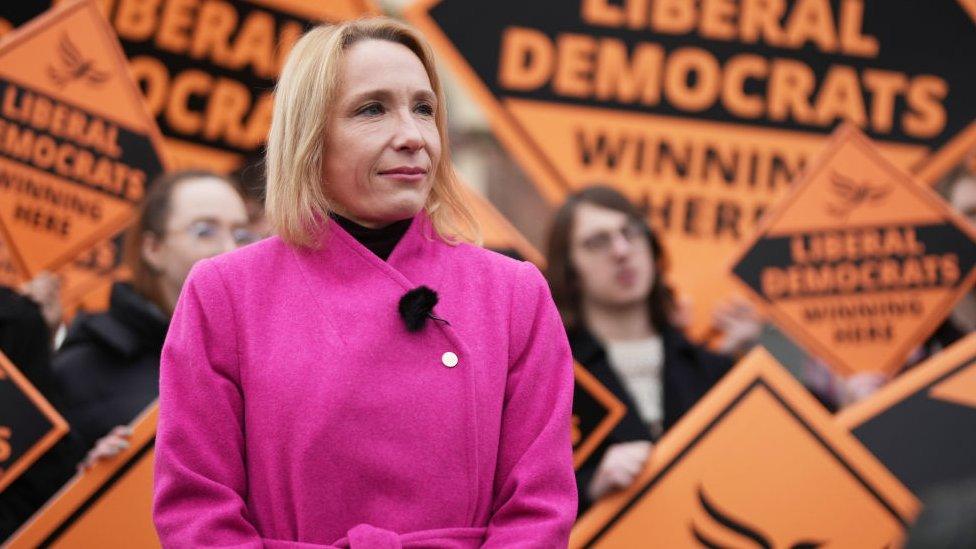
Liberal Democrat MP Helen Morgan said the process to roll out the scheme had been rushed
A snapshot survey by the BBC suggests take-up of special ID certificates to vote in May's elections has been low in the West Midlands.
The elections will be the first time people across the country will be asked to provide photo ID.
Those without the likes of a driving licence or passport can apply for a Voter Authority Certificate (VAC).
Politics Midlands found just 2,000 people in the region had applied, from the 12 councils they heard from.
In January, North Shropshire Liberal Democrat MP Helen Morgan accused the government of a "rushed rollout" of the VAC scheme and called for the photo ID requirement to be suspended until later elections.
However, local government minister Lee Rowley rejected her claims, saying 98% of the electorate already had one of the 22 forms of ID.
Approved ID also includes disability blue badges, older persons bus basses, Proof of Age Standards Scheme (PASS) cards and Ministry of Defence Form 90 ID cards.
A full list of approved ID is available on the Electoral Commission website, external.
It is a similar picture across Britain, with figures released last month showing only 1% of those eligible had applied for a VAC.
Twenty-eight local council areas in the West Midlands are featuring on 4 May's ballots.
The 12 in the table below have a combined population of more than a million people, although not every seat on every council will be up for election.
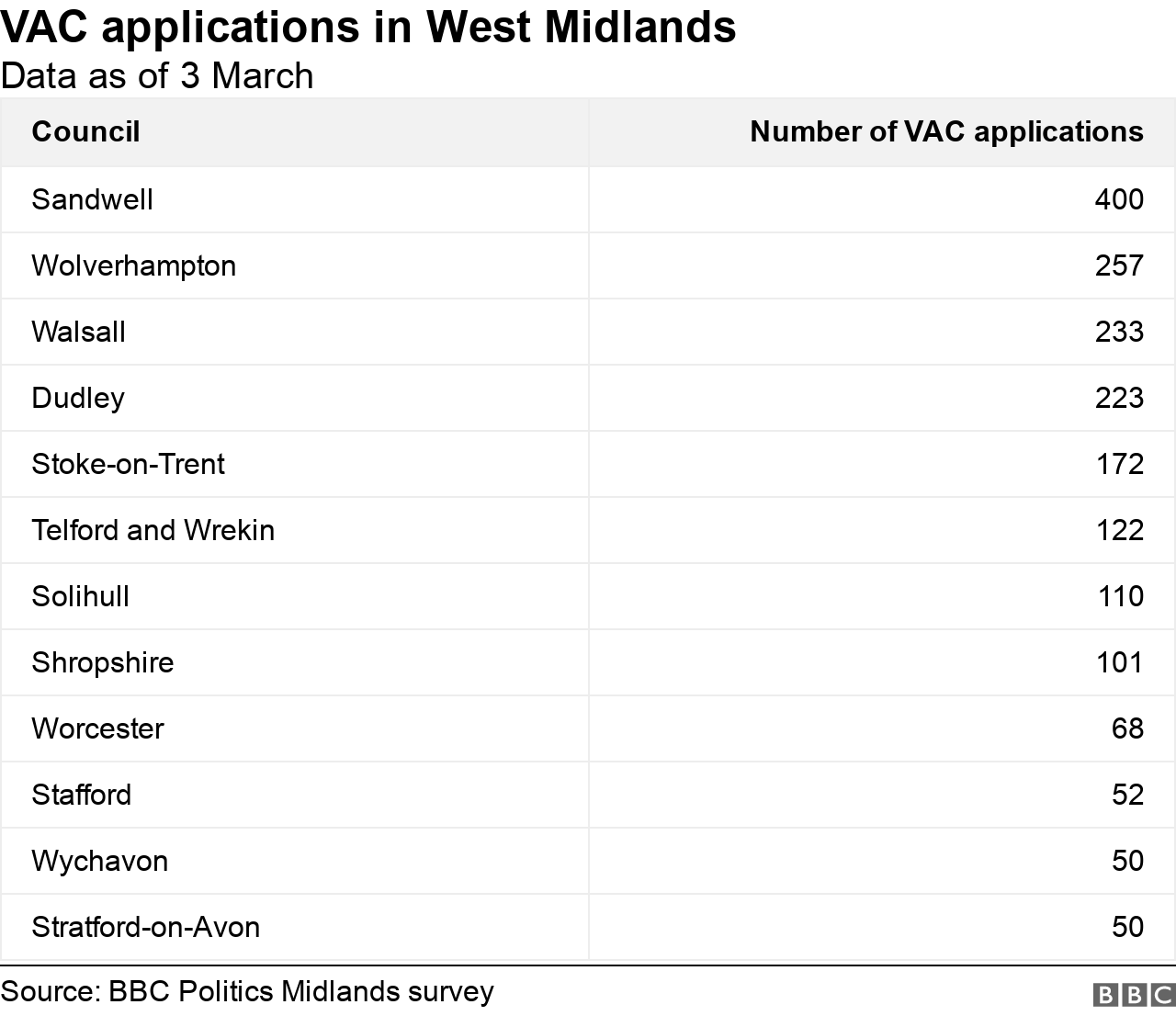
The higher areas, such as Sandwell and Wolverhampton, are more densely populated but are also places where there are high levels of deprivation, where people are less likely to have some of the more traditional forms of ID.
Race equality think tank the Runnymede Trust said it believed the introduction of voter ID "could stop over two million people from voting"., external
"In the UK, 3.5 million eligible voters do not have any form of photo ID," it added.
"Although over three-quarters of white people hold a full driving licence, 38% of Asian people and 48% of Black people do not."
The West Midlands has the highest proportion of non-white British people outside of London., external

Analysis
By Tracey Higgins, BBC Black Country political reporter
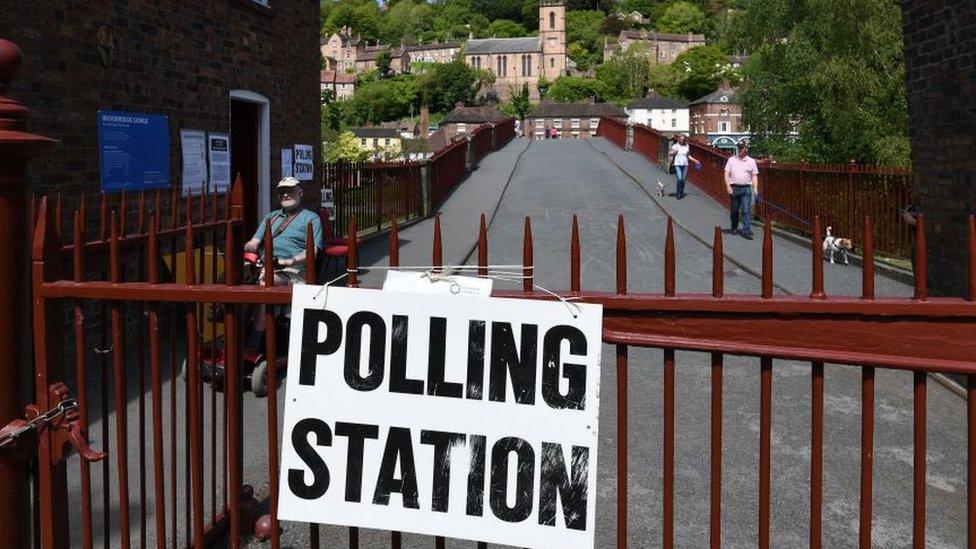
The May elections will be the first time people across the country will be asked to provide photo ID.
The Department for Levelling Up, Housing and Communities - which is overseeing the VAC applications - has pointed out 98% of people eligible to vote already have an acceptable form of ID. But that still leaves 2% of those eligible to vote, without.
If we look at the West Midlands we have an electorate of just more than four million voters, so 2% of that is about 80,000.
Obviously, it's worth saying that we haven't heard back from all of our councils having elections in May and some councils in the region aren't going to the polls this year, like Birmingham - our biggest local authority - but taking all of that into account, the numbers still seem pretty low.
The good news is that it is not too late, if you still need to apply.
People have until 25 April to get applications in and many local authorities are offering free drop-in sessions to help with them.

Craig Westwood, from the Electoral Commission, said they were aware eligible IDs were lower in some demographic areas, particularly with unemployed people.
"One example is also the over-85s, even though they are much more likely to vote, they are much more likely not to have the ID required, so we've done lots of work with Age UK, to reach into that audience," he said.
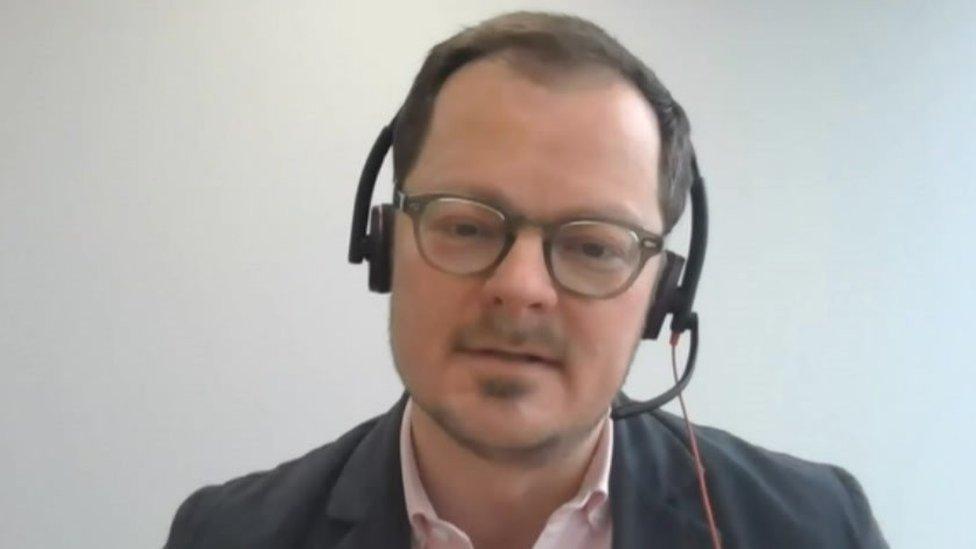
Craig Westwood from the Electoral Commission said people had until 25 April to apply for a voter ID certificate ahead of the May elections
Previously, people could vote in elections if their name was on the electoral register - and they did not have to produce photo ID to prove who they were.
Mr Westwood said: "What we know about elections is that there is a vulnerability in the system that there is potential for somebody to turn up at a polling station and pretend to be somebody else."
"We don't think there is a big problem about fraud, but the government is acting in advance of that to make sure people can generally feel confident," he said.

Follow BBC West Midlands on Facebook, external, Twitter, external and Instagram, external. Send your story ideas to: newsonline.westmidlands@bbc.co.uk
Related topics
- Published3 February 2023
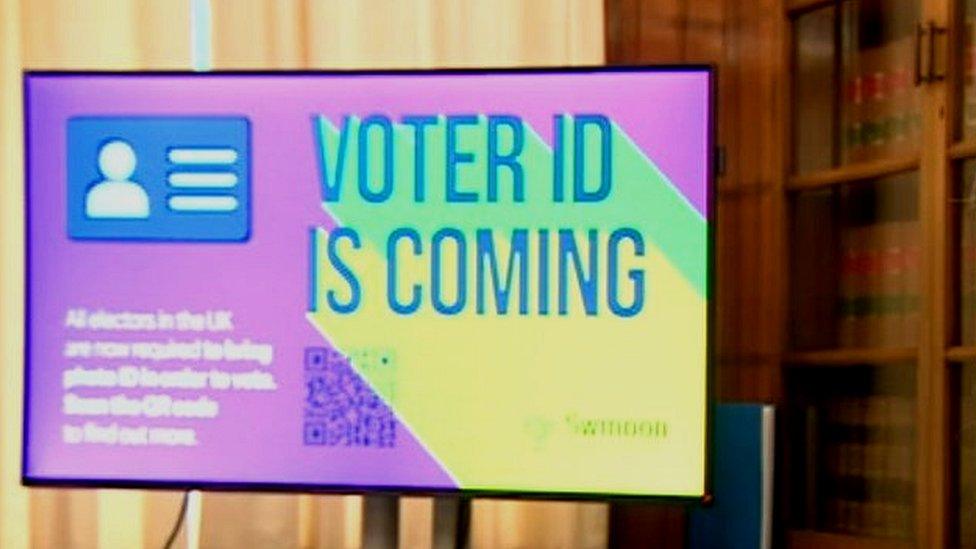
- Published21 February 2023
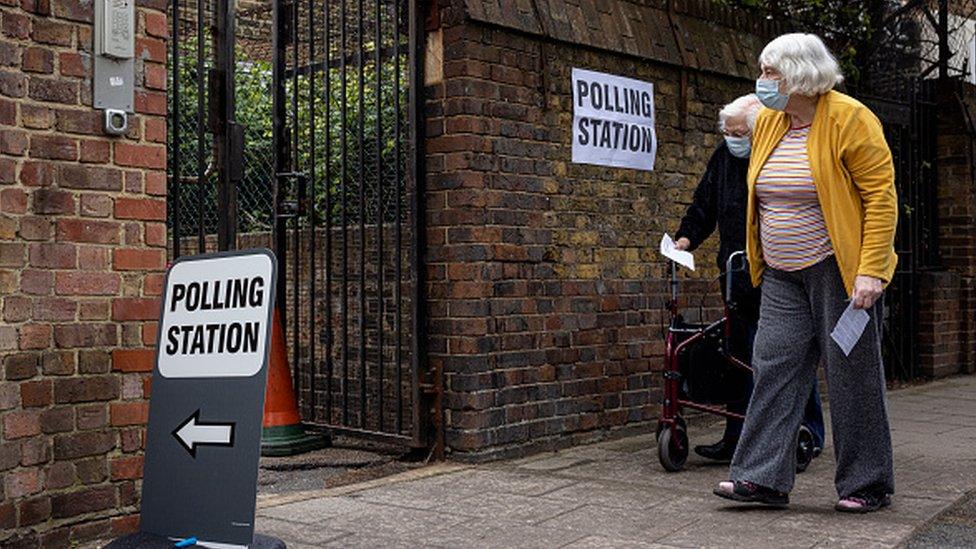
- Published18 January 2022
